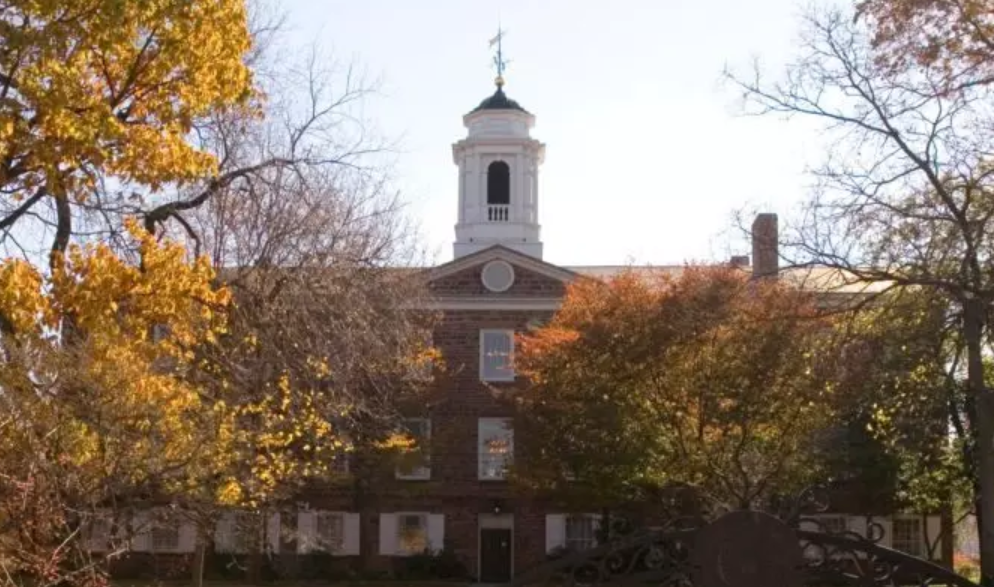The Rutgers Balancing Act

Phil Murphy is a big sports fan, so you have to keep that in mind in digesting his comments today about a $73 million deficit in the Rutgers athletic program. That according to recent reporting by Northjersey.com.
Asked about the deficit at his regular briefing, the governor attributed part of the problem to the pandemic, reasoning that revenues were down because of reduced attendance, or not attendance at all, at sporting events.
Still, he said he had a productive chat just last Friday with Jonathan Holloway, the university president. The deficit, presumably, came up.
The overriding question here is the university's status as a member of the Big Ten, one of the premier athletic conferences in the country, and its academic reputation.
Football is clearly the marquee sport of the conference, and notwithstanding Greg Schiano's return as coach, Rutgers has had a difficult time competing since it began playing Big Ten football in 2014. Its record last year in conference play was 2-7.
The football team's performance may not be directly related to the deficit, but it certainly can prompt criticism of how much athletics is costing the university.
Murphy, who was a big booster of bringing Schiano back to Rutgers two years ago, said the university wants to be competitive on the field and also remain a top-flight research university while spending at a rate the market could bear.
He said that goal is not an either-or proposition.
"Rutgers endeavors to be both," the governor said.






Rutgers seems to have a very difficult time managing a department of games, so why should they be trusted with management of a medical school?.